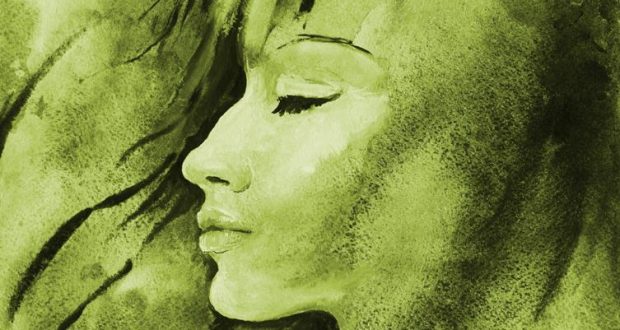By Paul Wetzig, Project Officer – Discipleship.
I’ve recently found myself in a couple of situations where I’ve had to engage with neighbours who have been less than neighbourly in the way they’ve treated me and, in some instances, deeply wounded me. Confronted by these situations, I’ve been forced to consider how it is that Jesus would ask me to respond.
Pondering Jesus’ teaching on loving God and neighbour, particularly in Luke 6:31-34, I’ve had to consider what it means to love in such a way that “brings out the best in me” and causes me to ask myself how I would ideally want this person to treat me and then do that for them.
I can honestly say that I am not finding this task easy, as my natural inclination to serve my self-interest and my need for, in my unbiased opinion, justifiable revenge is very strong. But I have been shocked to discover that as I’ve tried to live Jesus’ radical way, God has come to my aid.
As I was about to enter one such difficult encounter, I was considering my posture going into the moment. I stopped to take my time of daily prayer. As the time began, the song for the day was The Greatest Commandment by The Porter’s Gate, putting to music Jesus teaching on love.
The refrain
Let us be known, let us be known
By the way we love
Let us be known, let us be known
By the way we love
pierced my heart like a tiny green shoot breaking through the fire-ravaged ground.
Needless to say, I was stunned at God’s faithfulness and provision, as well as deeply confronted by the challenge before me. I was being challenged to practice Jesus’ way of radical love for this person.
The next day, I received a request to write this reflection on the story of Ruth and how it challenges us to act in accordance with our responsibility to each other. As I read Ruth’s story, I couldn’t help but be drawn again to the refrain, let us be known by the way we love. Here was a story embodying God’s call to radical love for the benefit of the other.
Despite her grief, pain and loss, Ruth chooses to lovingly support and journey with Naomi into a dark and unknown future in a foreign land. As the story progresses, we see Ruth continuing to be known by the way of love as she chooses to act lovingly towards those who treated her with at least suspicion and at worst, hostility and violence.
The narrative then shifts to Boaz as this story of love continues to take root and flourish as he acts in such a way that brings out the best in him as he seeks to discover and enact the things that will bring the best outcome for Ruth and Naomi.
To me, this story beautifully and simply depicts Jesus’ central challenge to those who would claim to follow him: to embody all of the law and the prophets in our responsibility and commitment to radically love God and our neighbour.
But the story doesn’t stop just with the challenge. It also highlights the outcome of living such a way of love. As Ruth lives the generously loving way, blessing follows. This blessing extends to Boaz transforming his world and continues to flow through to all of those around them, including Naomi and the rest of the town as they experience and celebrate God’s blessings in redemption, restoration and new life.
Yet, it doesn’t end there. This blessing grows on, long beyond the story of Ruth to the birth of Jesus, grounding his teaching of the radical love of God and neighbour not just in his words but in his very ancestry.
So I find myself, centuries later, enmeshed in this same story, wrestling with the same challenge of how I will choose to live and whether it will be for my sake or for the sake of my neighbour.
For the sake of love.
For God’s sake.
 JourneyOnline
JourneyOnline







